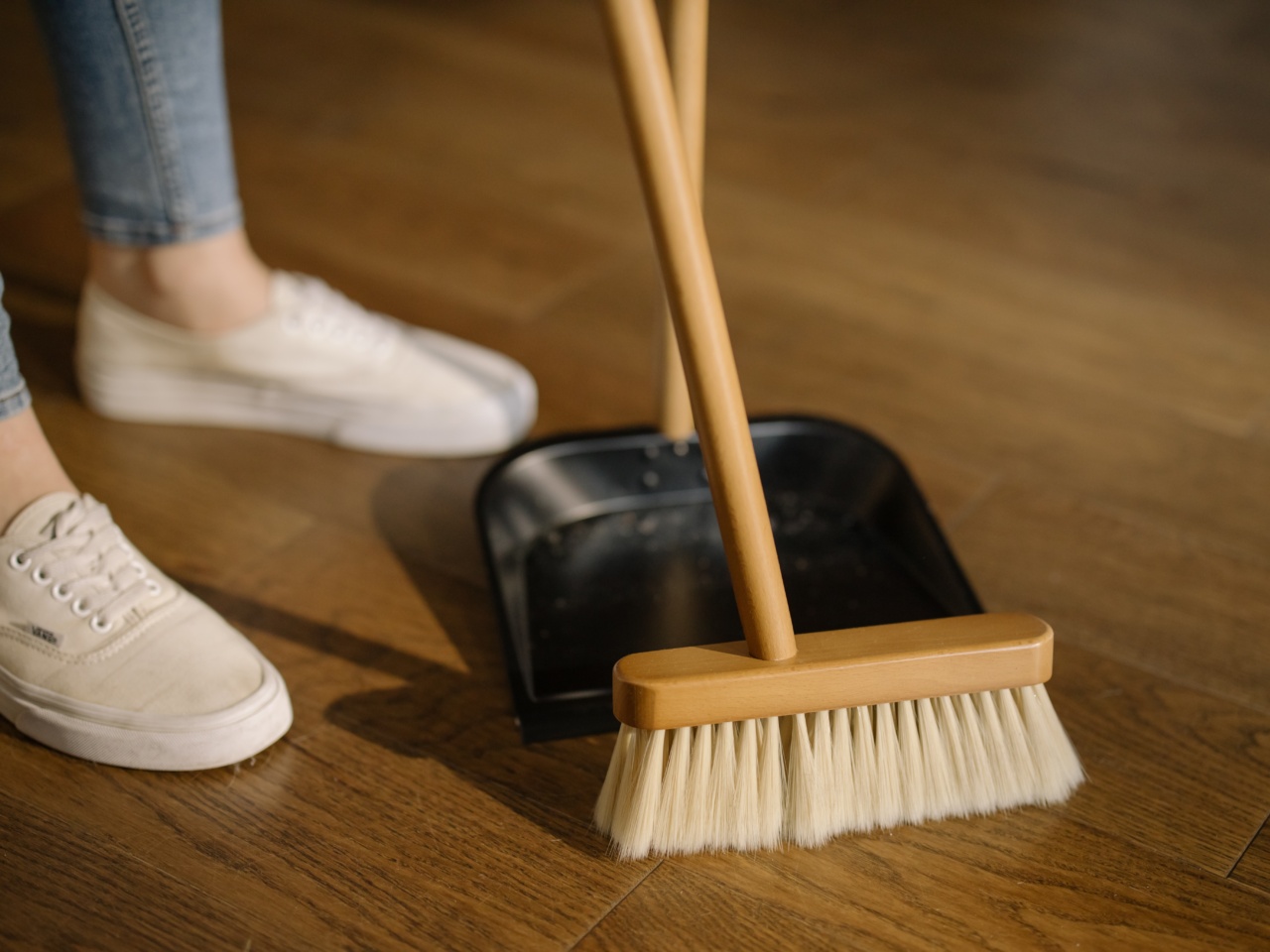Regular check-ups with healthcare professionals are crucial for maintaining good health. However, there are also several ways you can monitor your health at home to stay proactive in taking care of yourself.
This article highlights various tips for conducting home check-ups that can help you identify potential health issues early on and prevent them from worsening. From self-assessments to simple, non-invasive examinations, you can take charge of your well-being with these home check-up practices.
1. Monitor Your Vital Signs
Vital signs provide important insights into your overall health. Regularly checking your blood pressure, heart rate, and temperature can help detect signs of any underlying issues that require attention.
Invest in a good quality digital thermometer, blood pressure monitor, and an easy-to-use heart rate monitor to keep track of these vital signs at home. Your healthcare provider can guide you on the target ranges for each vital sign based on your age and individual circumstances.
2. Conduct Regular Self-Breast Exams
For women, conducting regular self-breast exams is an essential part of early detection of breast cancer. Familiarize yourself with the proper technique for self-breast exams and perform them monthly.
Keep an eye out for any lumps, changes in breast shape or size, nipple discharge, or skin abnormalities. If you notice any concerning changes, consult with your healthcare provider promptly.
3. Practice Skin Self-Examinations
Maintaining healthy skin is not just about aesthetics but also about detecting early signs of skin cancer. Conduct a monthly self-skin examination to check for any new moles, changes in existing moles, or unusual growths.
Pay attention to any spots that are asymmetrical, have irregular borders, exhibit changes in color or size, or are accompanied by itching, bleeding, or pain. If you have any concerns, seek professional dermatologic evaluation.
4. Keep Tabs on Your Mental Well-being
Your mental health is as important as your physical health. Monitor your emotional well-being regularly by assessing your mood, stress levels, and any changes in sleeping patterns or appetite.
If you experience persistent feelings of sadness, anxiety, or if you notice significant changes in your behavior, do not hesitate to seek professional mental health support.
5. Examine Your Eyesight
Regular eye exams with an optometrist or ophthalmologist are essential for maintaining good vision. However, you can also conduct some basic home tests to monitor your eyesight.
These include checking for any changes in vision, blurry vision, difficulties in reading or focusing, or any signs of eye strain. If you experience any concerns, schedule an appointment with an eye care professional for a comprehensive examination.
6. Assess Your Oral Health
Regular dental check-ups are important, but you can also perform basic oral health assessments at home.
Monitor your oral hygiene practices, including brushing and flossing techniques, and keep an eye out for any unusual symptoms such as persistent gum bleeding, inflamed gums, tooth sensitivity, or signs of tooth decay. Maintaining good oral health can prevent more serious dental issues in the long run.
7. Evaluate Your Diet and Nutrition
Assessing your diet and nutrition is crucial for maintaining overall health and well-being. Monitor your daily food intake and ensure you are getting a balanced diet with all the necessary nutrients.
Keep track of your water intake and consider your consumption of essential vitamins and minerals. If you have specific dietary restrictions or health conditions, consult with a registered dietitian to optimize your nutrition.
8. Check Your Posture and Body Mechanics
Proper posture and body mechanics are essential for maintaining a healthy musculoskeletal system. Conduct a self-assessment of your posture while standing, sitting, and performing various activities.
Check for any postural imbalances, alignment issues, or discomfort that may require attention. Practicing correct body mechanics and maintaining good posture can help prevent musculoskeletal conditions and promote better physical well-being.
9. Perform Skin Cancer Checks
Besides conducting self-skin examinations, it is also important to undergo regular full-body skin cancer checks with a dermatologist. They can evaluate your skin for any potential signs of skin cancer that might be missed during a self-examination.
Regular screenings are particularly crucial if you have a family history of skin cancer or if you are at a higher risk due to other factors.
10. Keep Track of Your Sleep Patterns
Sleep plays a significant role in overall health and well-being. Monitor your sleep patterns, including how long it takes you to fall asleep, the quality of sleep, and any disruptions during the night.
Assess whether you wake up feeling refreshed or experience excessive daytime sleepiness. If you consistently struggle with sleep disturbances or suspect you have a sleep disorder, consult with a sleep specialist for a thorough evaluation and appropriate management.
By incorporating these tips into your routine, you can actively participate in home check-ups and take charge of your own health.
However, it is crucial to remember that home check-ups should supplement, not replace, regular medical check-ups with healthcare professionals. If you notice any concerning symptoms or significant changes in your overall well-being, always consult with a medical expert for further evaluation and guidance.































